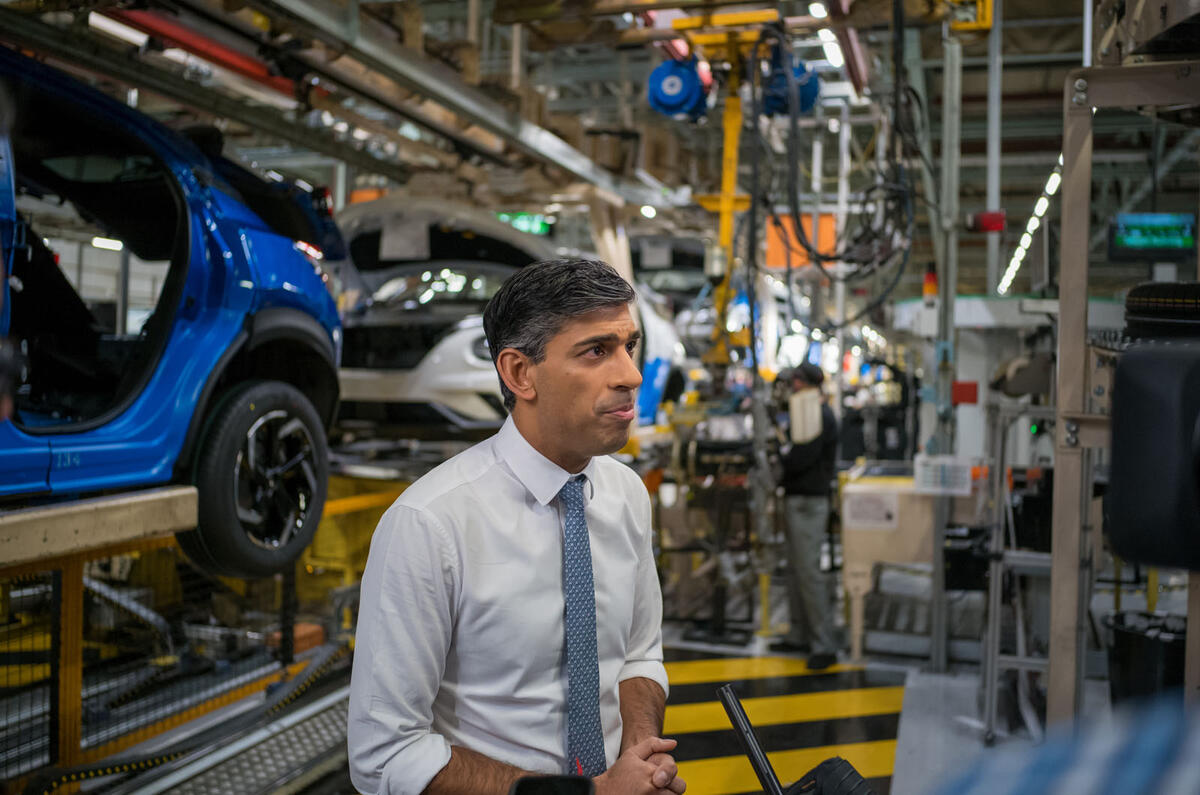Watching Rishi Sunak and Sir Keir Starmer slugging it out on the campaign trail, I’ve been struck by the similarities between choosing automotive business leaders and electing the next prime minister.
Both scenarios involve assessing candidates based on their vision, leadership skills, credibility and ability to navigate complex challenges. As the automotive industry undergoes significant transformation, the stakes could not be higher, making the selection of the right leader crucial for future success.




Add your comment